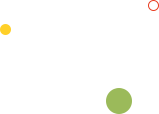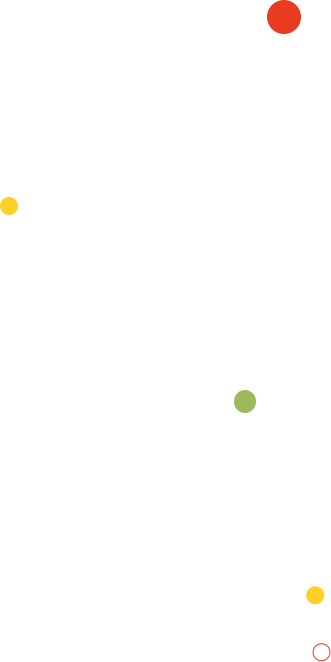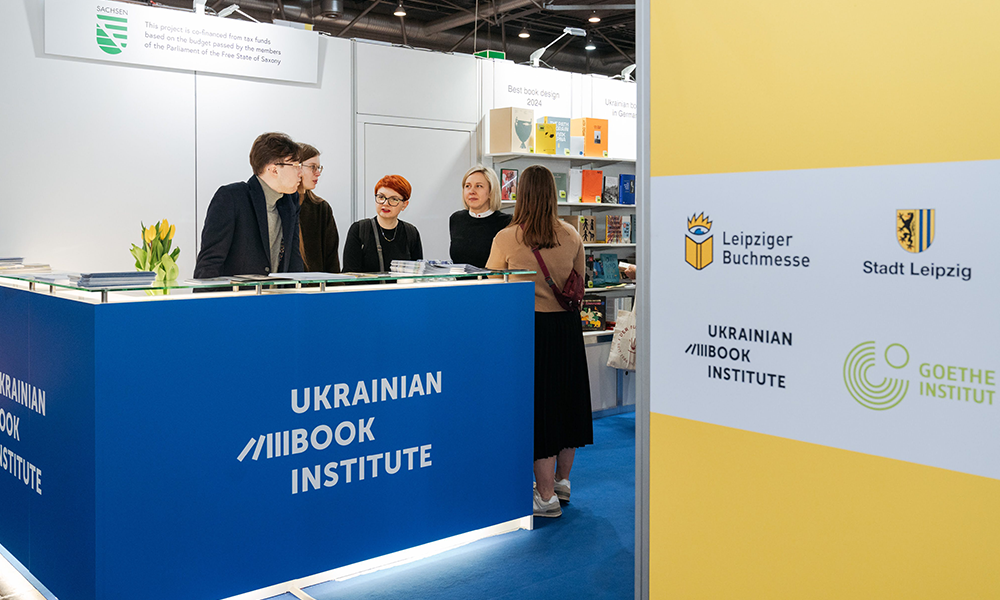On March 30, the Leipzig Book Fair concluded, which was attended by 296,000 people over four days. In five pavilions, 2,040 participants from 45 countries presented their books and projects. The fair traditionally took place alongside the Manga-Comic-Con, and this year’s special guest was Norway with the focal theme “Dream in Spring” (Traum im Frühling). In total, 2,800 events were held during the fair.
Ukraine was represented by a national stand organized by the Ukrainian Book Institute. Eight publishers presented their editions there: Chas Maystriv, Ranok, Chas Zmin Inform, Bilka, PROBOOKS, ADEF-Ukraine Publishing House, the German-Ukrainian magazine Gel[:b]lau, and the Ukrainian cultural-educational organization Oseredok Leipzig e.V. The stand also featured Ukrainian books in German and English translation as well as books about Ukraine in German — a total of 125 titles. Readers showed the greatest interest in books by Pavlo Kazarin, Maksym Butkevych, and Viktoriya Amelina.
Within the program, 27 events took place — book presentations and discussions. Among the speakers were writers Oksana Zabuzhko, Tamara Horikha Zernya, Iryna Tsilyk, Halyna Petrosaniak; journalists Maksym Butkevych, Pavlo Kazarin, Stanislav Aseev; artist Lada Nakonechna; art critic Kateryna Botanova; and others. The discussions addressed issues of freedom, the future of journalism, experiences of captivity, as well as the present and history of Crimea. There was also a presentation of the German translations of the books Dotsya by Tamara Horikha-Zernya, Mustafa Dzhemilev. The Unbroken, and The Wild East of Eastern Europe by Pavlo Kazarin.
“For a long time, Ukraine’s main problem was that when Europe looked east, its gaze passed through Ukraine and landed directly on Moscow. Eastern Europe was often reduced to Russian culture, Russian literature, and Russian contexts. Over the last three years, Europe has gradually been getting used to looking at Ukraine as a distinct cultural and political subject. But how successful this process will be largely depends on Ukrainians themselves. Our task is to ensure that we are seen, heard, and read — that there is interest in us. That is why the presence of Ukrainian contexts at international events is extremely important,” said program participant, journalist and serviceman Pavlo Kazarin.
The Ukrainian program was made possible thanks to the joint efforts of the Ukrainian Book Institute, Goethe-Institut Ukraine and its House of Europe program, Ukrainian Institute, Mystetskyi Arsenal, Meridian Czernowitz, Bundeszentrale für politische Bildung (bpb), and Translit e.V. The Ukrainian stage and its program are funded by the Federal Government Commissioner for Culture and the Media (BKM), the Saxon State Chancellery, and the city of Leipzig.
“I think fairs are great for multifaceted work: they allow you to focus on diverse topics and audiences interested in Ukraine. It is important to manage the program well, considering both German and Ukrainian contexts, selecting topics that are interesting to the German audience. Equally important is updating historical topics and integrating them with the German context. The average German reader still lacks sufficient knowledge and understanding of Ukraine, as their perception is mainly shaped by the media rather than literature. Ukrainian literature in Germany has not yet received proper recognition, and there are far fewer translations than, for example, Polish literature. That is why it is important to offer conceptually interesting projects for Germans without losing our own themes and relevance,” shared program co-organizer Kateryna Stetsevych.
Separate stands at the Leipzig Book Fair were presented by Mystetskyi Arsenal and the Meridian Czernowitz poetry festival.
We express our gratitude to the city of Leipzig and the Saxon City Chancellery for sponsoring Ukraine’s participation, and to the Leipzig Book Fair organizers for providing stand space and necessary equipment free of charge.






